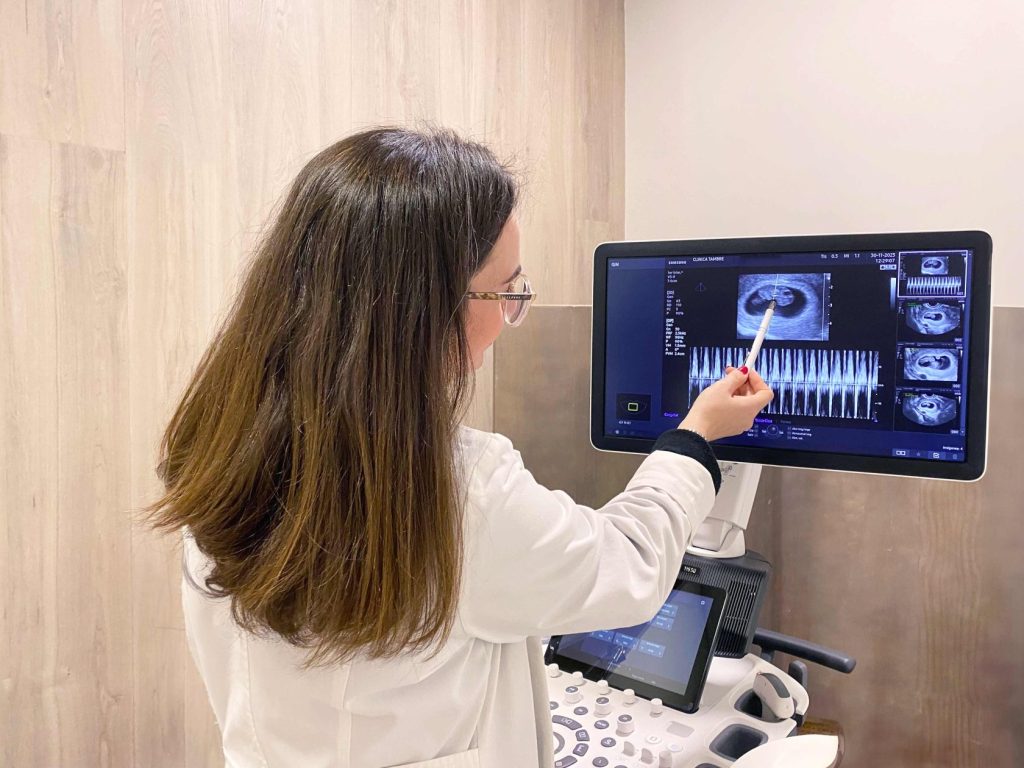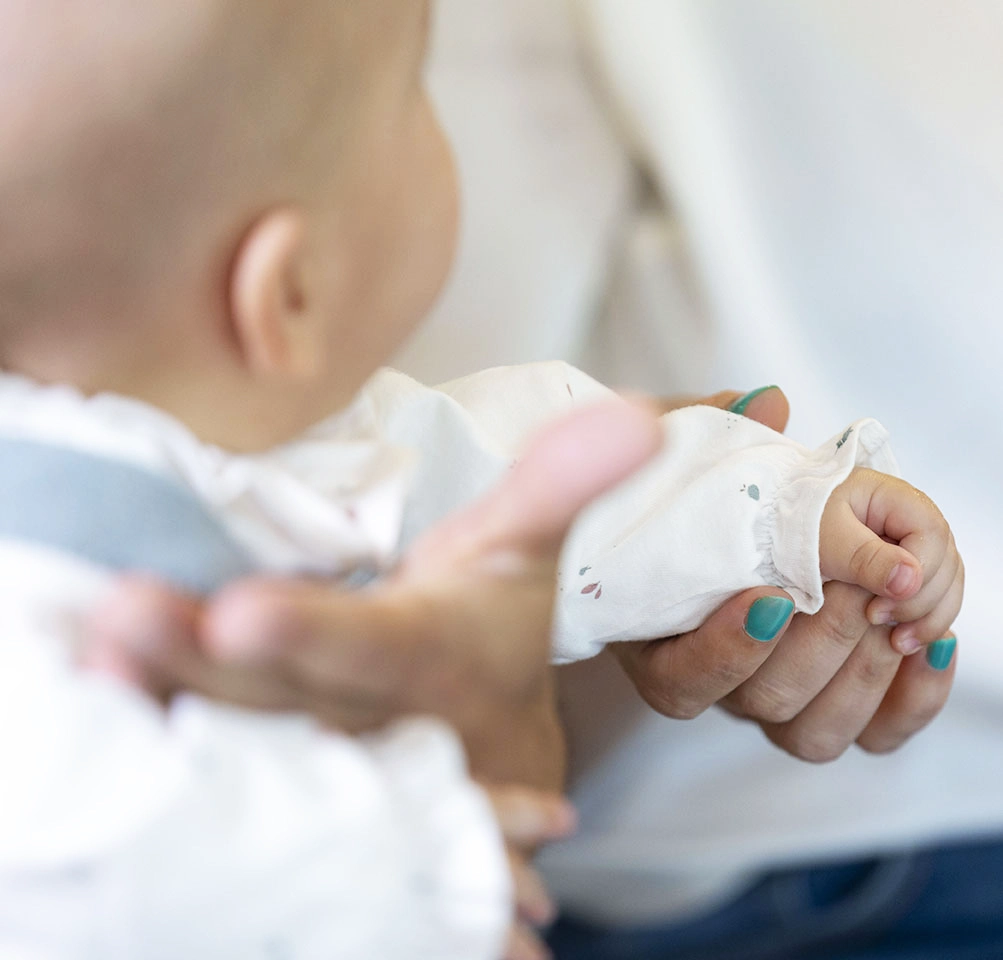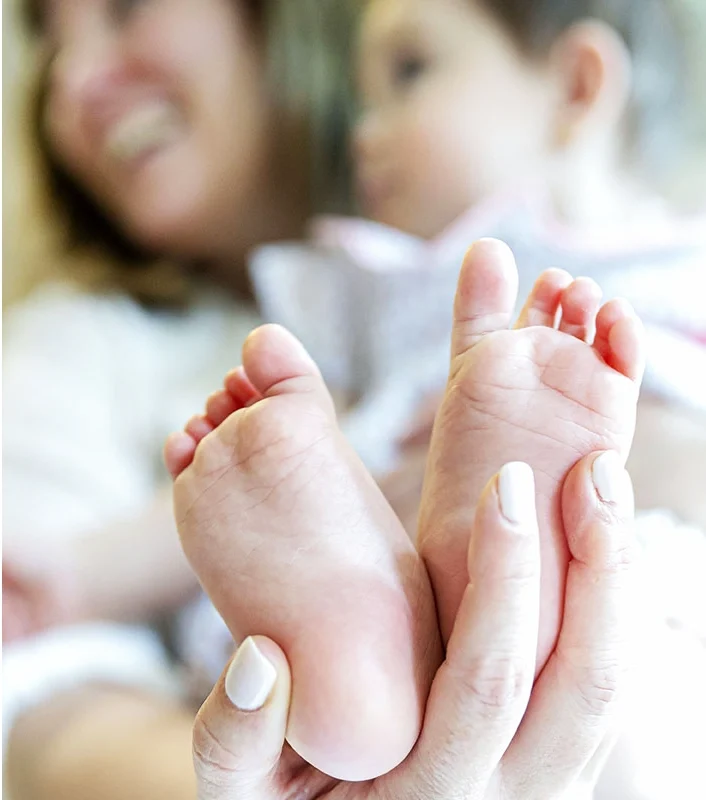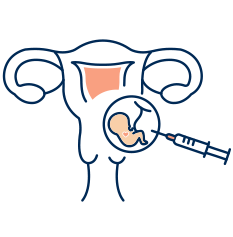Immunological Compatibility Test
KIR and HLA-C Genotyping
Embryo rejection risk assessment
New approaches to achieving pregnancy

What is KIR and HLA-C Genotyping?
KIR and HLA-C genotyping is a test to evaluate the risk of embryo rejection by the mother’s immune system. Immunological incompatibility between mother and foetus can lead to implantation failure, repeated miscarriages, preeclampsia and premature birth.
Do you want us to consider your case?
Depending on the results of the Immunological Compatibility Test, we can consider different measures to achieve pregnancy.
The immune system and its impact on the implantation and development of the embryo
Our immune system is designed and prepared to eliminate everything it recognises as foreign, in order to protect us against pathogens and other external aggressions.
The embryo is also a foreign body, as it presents antigens that come from the father, or from the egg donor, in the case of egg donation. The mother’s ability to “tolerate” the embryo, despite recognising it as foreign, is essential for a successful pregnancy.
If the immune system rejects the embryo, this may be the reason for implantation failures and repeated miscarriages. And that is not all. We must not forget that the correct development of the pregnancy in the second and third trimester will depend on how the embryo is implanted in the mother’s uterus in the first weeks of gestation, so this can also be the cause, in some cases, of pre-eclampsia and premature birth.
What does the Immunological Compatibility Test consist of? KIR and HLA-C genotyping
For embryo implantation to take place, it is necessary to have a quality embryo, a uterus prepared to receive it and a certain maternal tolerance towards the embryo to allow its implantation. This is achieved thanks to the interaction of the embryo with the cells of the mother’s immune system that are present in the uterus, the so-called uterine NK – natural killer – cells. These cells have receptors on their surface called KIR (killer immunoglobulin-like receptors), which bind to identification fragments on the surface of the embryo called HLA-C antigens, one inherited from the mother and one inherited from the father.

There is a great variety of KIR-HLA-C combinations between mother and embryo, and it is known that certain combinations (KIR AA and HLA-C2) can increase the risk of problems for implantation and gestational development.
KIR and HLA-C genotyping is a study carried out by Tambre’s Immunology Unit to determine the compatibility between the uterine KIR receptors and the HLA-C molecules in the embryo. All that is required is a blood sample.
What to do if immunological incompatibility is detected
f the Immunological Compatibility Test or KIR AND HLA-C genotyping gives a result of incompatibility between the mother and the embryo, at Clinica Tambre we offer different options:
Immunomodulatory treatment prescribed by our Immunology Unit in order to avoid a higher HLA-C load incompatible with the mother.
This is something that Tambre recommends in all treatments, but especially in these cases to avoid rejection by the mother’s immune system.
By choosing a compatible donor, we ensure that the HLA-C genotype of the embryo is also compatible with the maternal KIR. At Tambre we have our own sperm and egg banks, which allows us to carry out a more exhaustive selection of donors and find a person who is immunologically compatible.

Possible cause of implantation failure
With a simple blood test, you can find out if immunological incompatibility is the possible cause of implantation failure and repeated miscarriages.
Specialists in Advanced Reproductive Medicine
45 years of medical excellence.
We design tailor-made treatments
State-of-the-art assisted reproduction laboratory
Our own andrology laboratory.
- RI Witness™ for the safety and traceability of gametes.
- GERI®: Embryo Incubator®.
- Fenomatch, we find the right egg donor and/or sperm donor and match them with you.
- Zymot-ICSI (Chip Fertile), selection of the best sperm before ICSI.
- You will have your own gynaecologist and nurse, except for emergencies, and the same medical team will follow your case in depth and attend you from the beginning to the end of the treatment.
- You will have a consultant from our Specialised Tambre Care team who will support you and answer any question you may have throughout the whole process.

We stay with you
Our support team is always at your side for whatever you need
Shall we call you?
Our support team is always at your side for whatever you need
Or send us an email to atpaciente@clinicatambre.com





